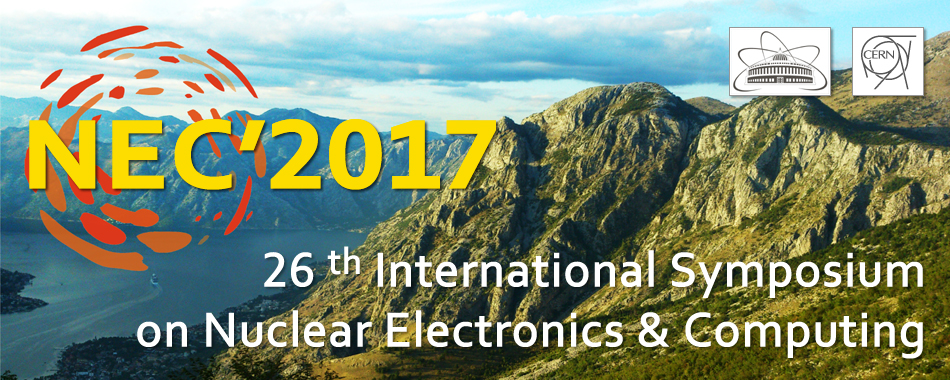Speaker
Mr
Mikel Eukeni Pozo Astigarraga
(CERN)
Description
The LHC has been providing proton-proton collisions with record intensity and energy since the start of Run 2 in 2015. In the ATLAS experiment the Data Acquisition is responsible for the transport and storage of the more complex event data at higher rates that the new collision environment implies. Data from events selected by the first level hardware trigger are subject to further filtration from software running on a commodity load balanced processing farm of some 2000 servers. During this time the data transferred from detector electronics across 1900 optical links to custom buffer hardware hosted across 100 commodity server PCs, and transferred across the system for processing by high bandwidth network at an average throughput of 30 GB/s. Accepted events are then transported to a data logging system for final packaging and transfer to permanent storage, with a final average output bandwidth of 1.5 GB/s. The whole system is actively monitored to maximise efficiency and minimise downtime.
Due to the scale of the system and the challenging collision environment the ATLAS DAQ system is a prime example of the effective use of many modern technologies and standards in a high energy physics data taking environment, with state of the art networking, data transport and real time monitoring applications. This presentation will cover overall design of the system, focusing on the novel technology elements in use, before demonstrating its performance so far in LHC Run 2.
Author
Mikel Eukeni Pozo Astigarraga
(on behalf of the ATLAS collaboration)

